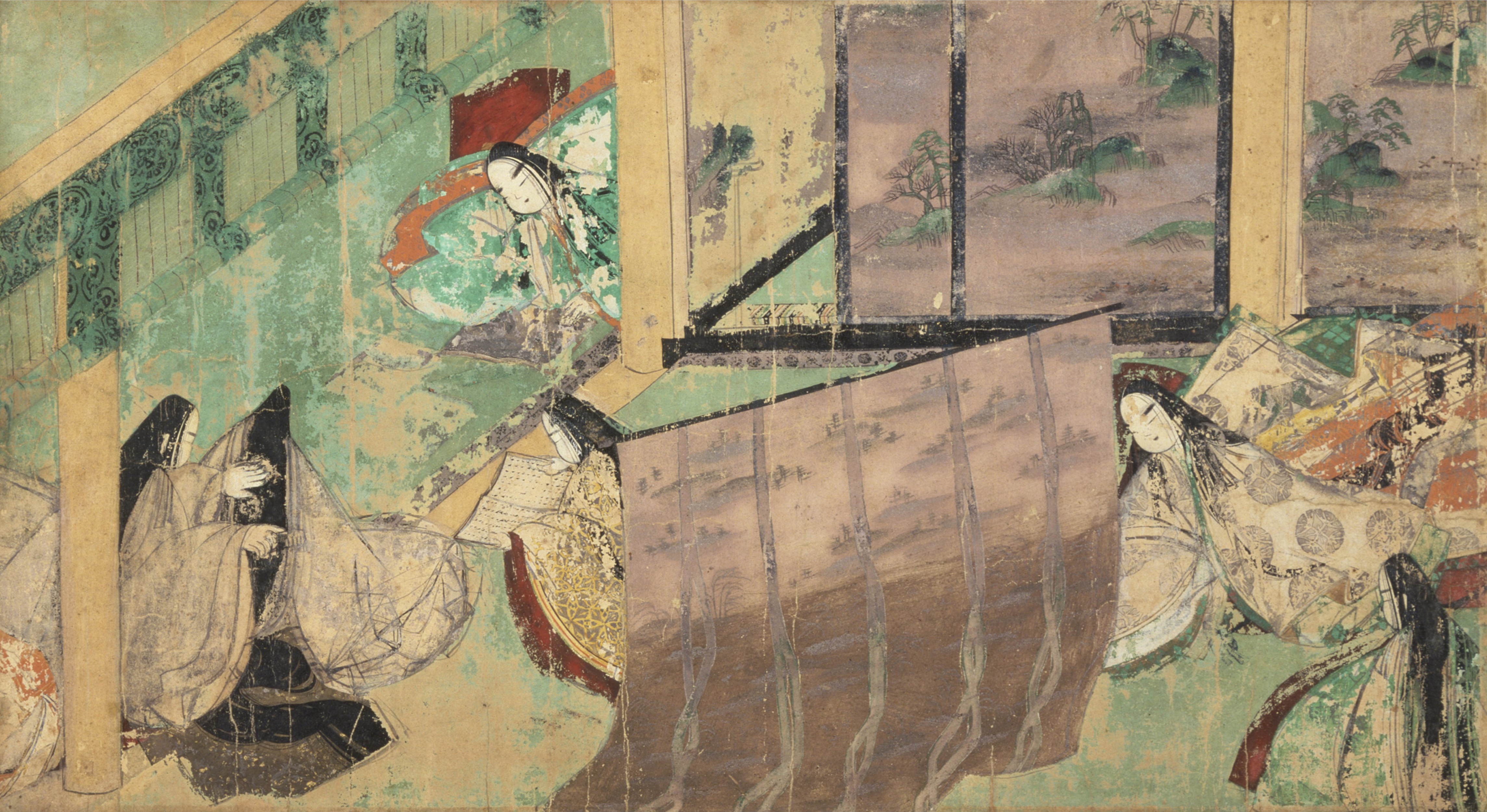Ikigai
- Introduction to Ikigai
- The Four Elements of Ikigai
- Ikigai and Career
- Ikigai and Relationships
- Ikigai and Well-being
- Ikigai and Resilience
- Ikigai and Creativity
- Ikigai and Leadership
- Ikigai and Entrepreneurship
- Ikigai and Retirement
- Living Ikigai
- Course Review and Reflection
Introduction to Ikigai
The History and Cultural Significance of Ikigai

Last major division of classical Japanese history (794 to 1185), named after the capital city of Heian-kyō, or modern Kyōto.
Ikigai is a concept that originates from Japan and has been a part of Japanese culture for centuries. The term "Ikigai" is derived from "iki," meaning life, and "gai," meaning value or worth. Together, they form a concept that translates to "a reason for being" or "a reason to wake up in the morning."
The origins of Ikigai can be traced back to the Heian period (794 to 1185), a time when Japanese culture and art flourished. It was during this period that the concept of Ikigai began to take shape, emphasizing the importance of finding joy and purpose in everyday activities. This concept was deeply ingrained in the Japanese way of life, influencing their approach to work, relationships, and personal fulfillment.
In traditional Japanese society, Ikigai was not just about personal satisfaction or happiness. It was also about contributing to society and fulfilling social responsibilities. This aspect of Ikigai reflects the Japanese cultural values of harmony, respect, and community.
The cultural significance of Ikigai in Japan is immense. It is a guiding principle that helps individuals navigate their lives, providing a sense of purpose and direction. It encourages individuals to find a balance between their needs, desires, and societal expectations. This balance is considered essential for leading a fulfilling and meaningful life.
In Japanese society, Ikigai is not something that is achieved overnight. It is a lifelong journey of self-discovery and introspection. It requires individuals to continuously reflect on their passions, talents, values, and the needs of the world around them. This process of self-reflection and exploration is considered an integral part of personal growth and development in Japanese culture.
In recent years, the concept of Ikigai has gained global recognition. It has resonated with people across the world, offering a fresh perspective on life and happiness. The universal appeal of Ikigai lies in its holistic approach to well-being. It emphasizes the importance of finding purpose and joy not just in monumental achievements, but also in mundane everyday tasks.
In conclusion, Ikigai is a deeply rooted Japanese concept that encourages individuals to find their unique purpose in life. It is a philosophy that promotes balance, fulfillment, and continuous growth. As we navigate through the complexities of modern life, the timeless wisdom of Ikigai can serve as a guiding light, helping us find our path towards a meaningful and satisfying life.